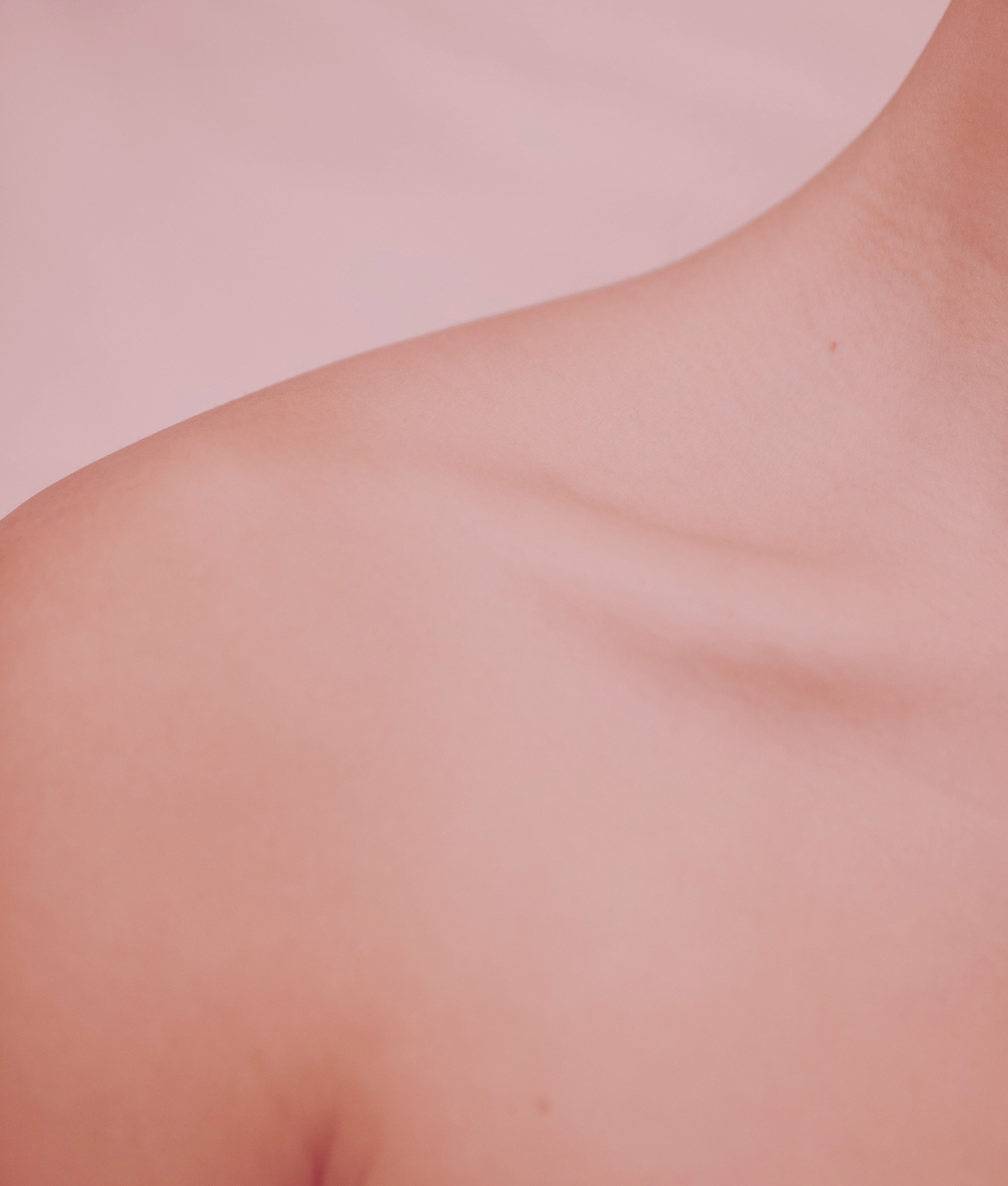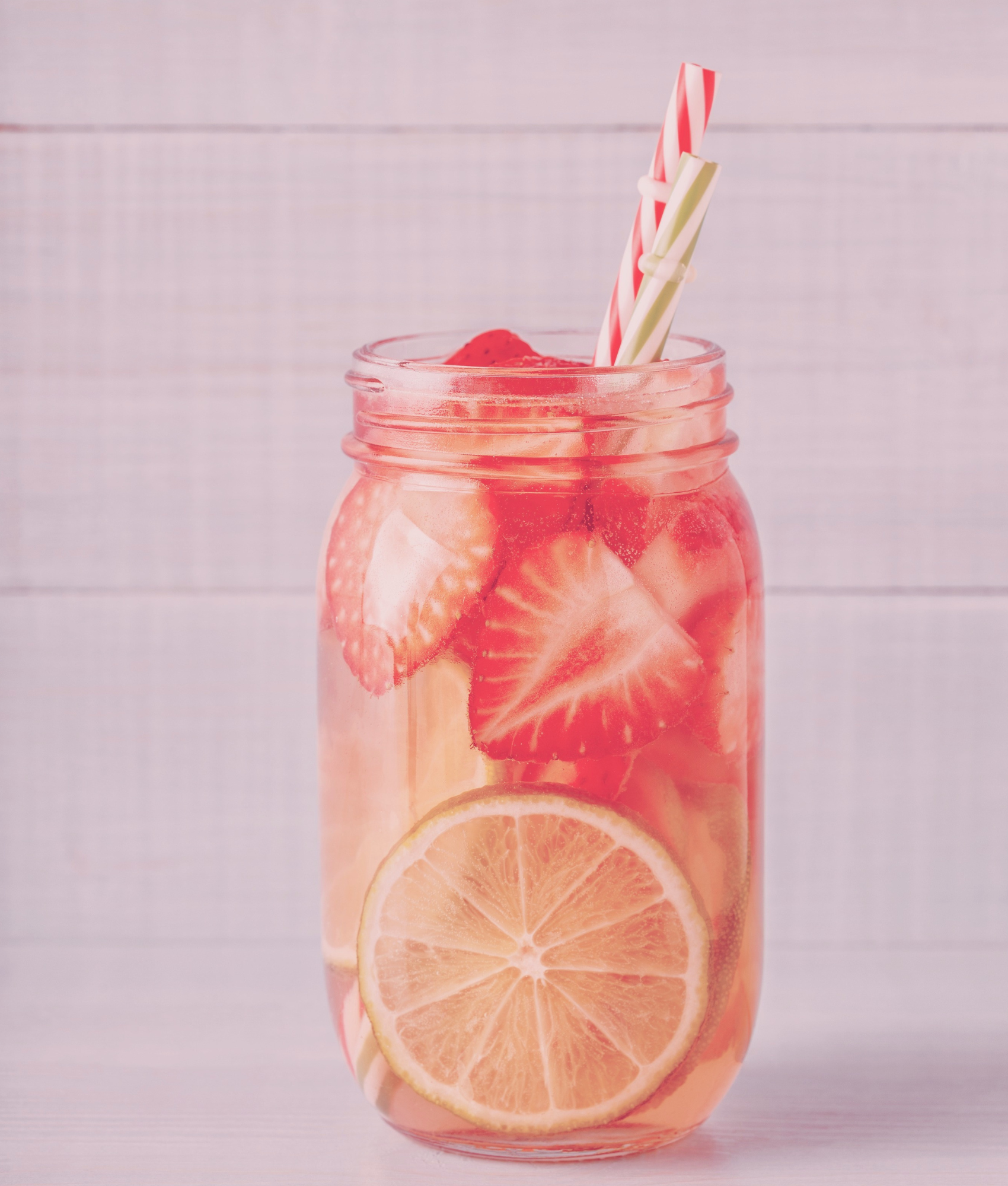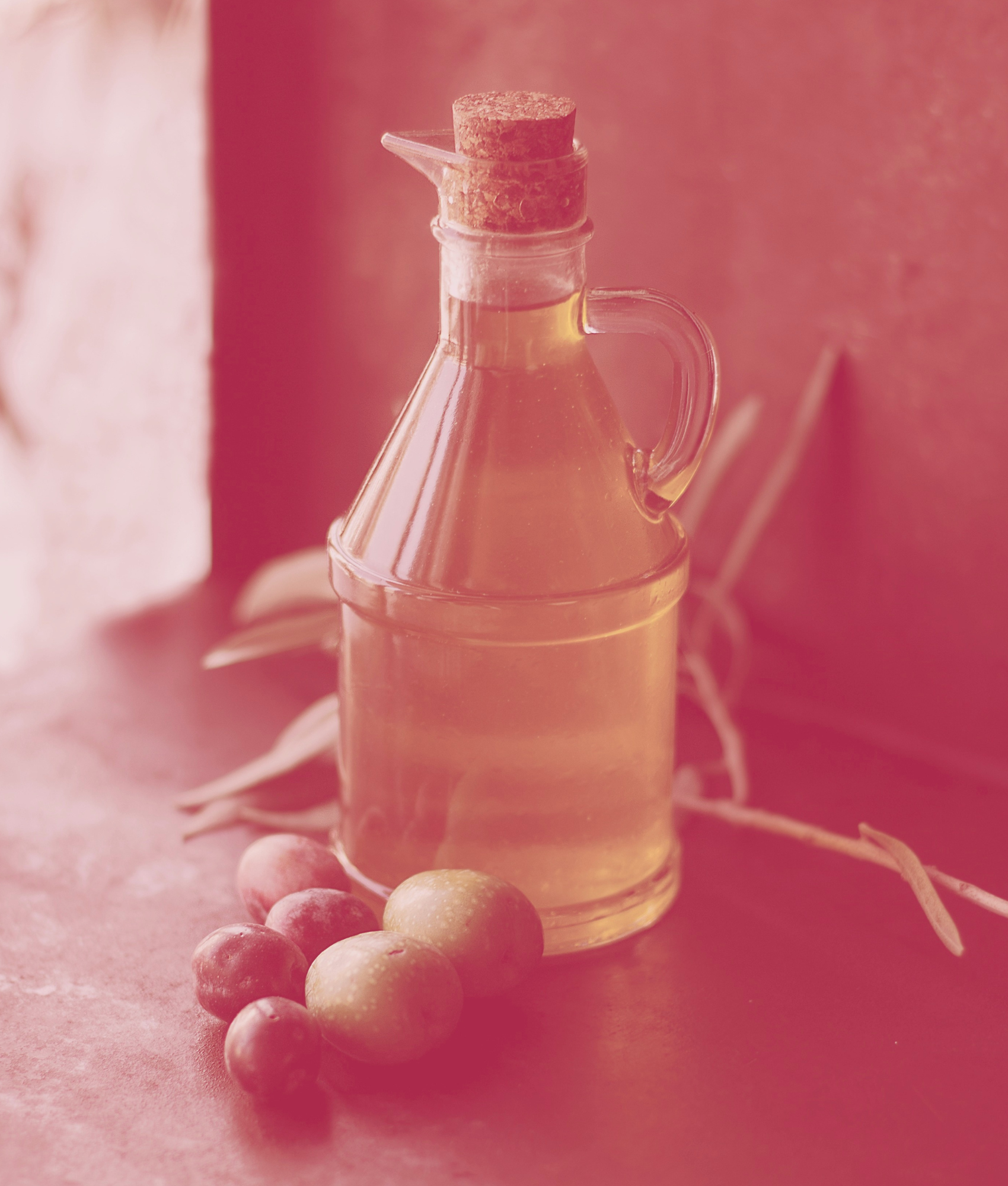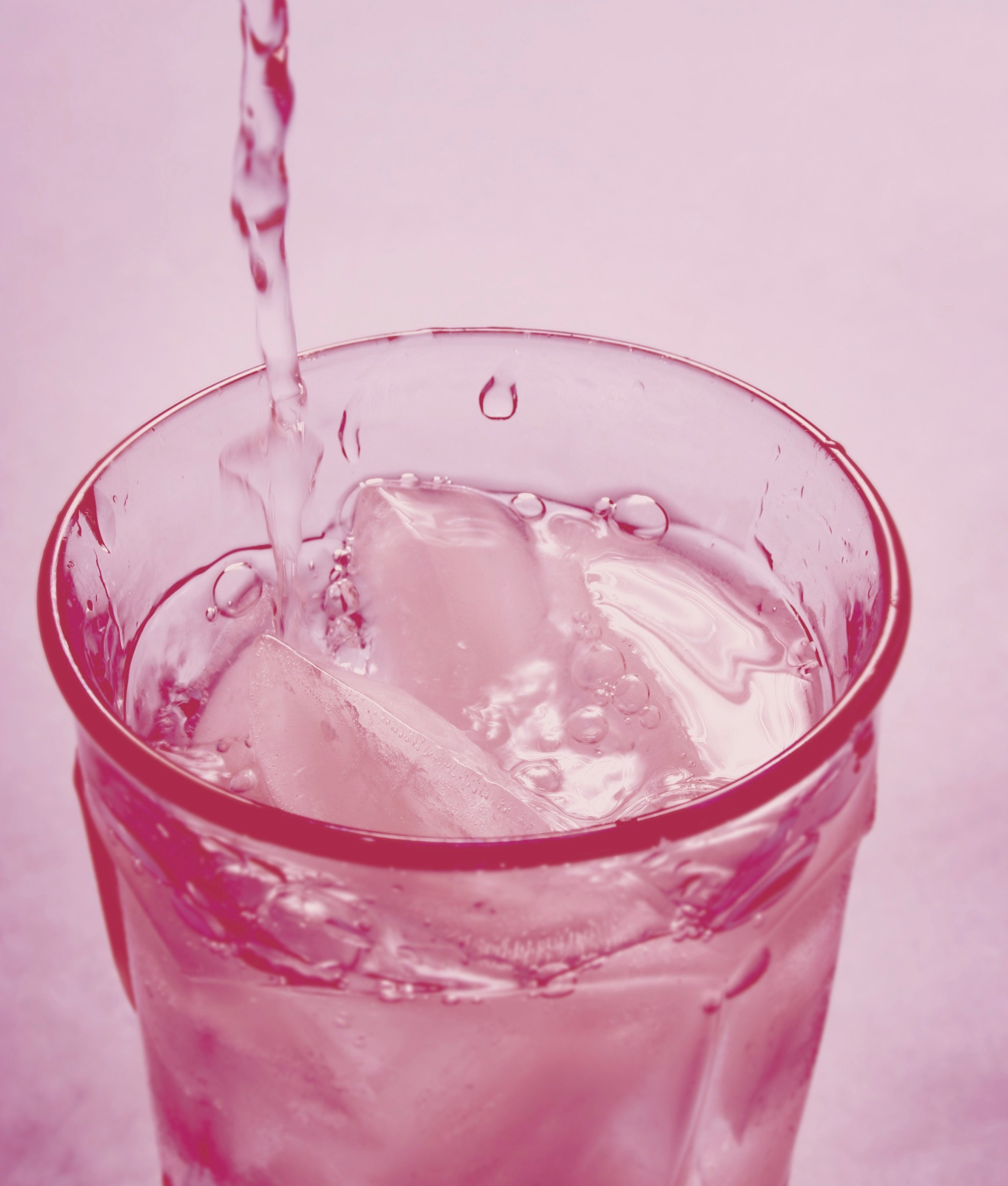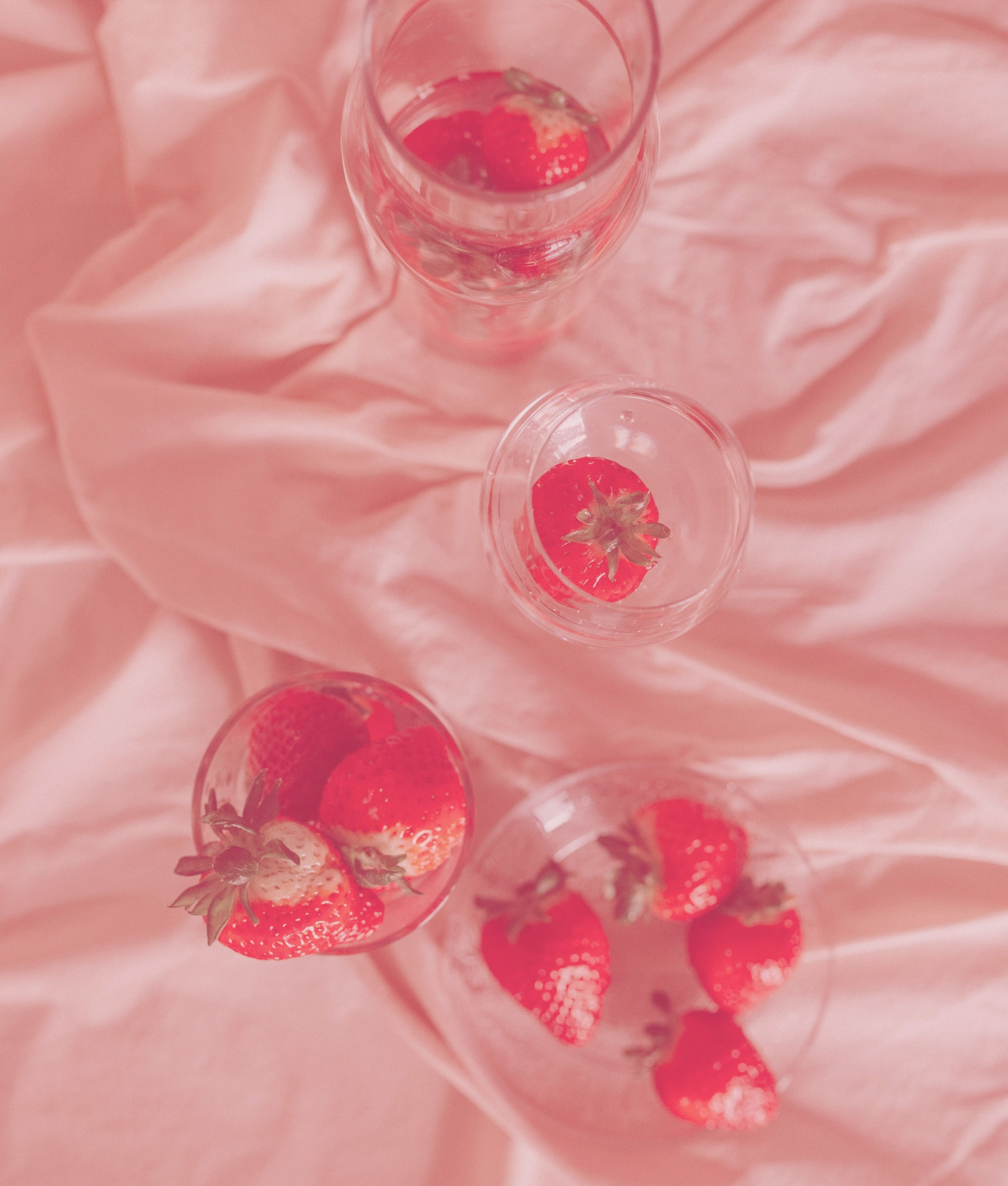Many people use the words “dry” and “dehydrated” interchangeably when talking about skin, however, there is a huge difference between the two. This is important to consider because by understanding the difference between the two, it will allow you to choose proper skin care products that will work best for you. Do you know what the difference between dry and dehydrated is?
This post contains affiliate links. For more information, see my disclosures here.
To put it simply:
Dry skin is a lack of OIL (or sebum), while dehydrated skin is a lack of WATER.
The reason why many people mistakenly use these two words interchangeably is because although they are two different things, they both leave your skin feeling the same way: itchy, tight, sensitive, and sometimes prone to flaking or peeling.
Dry skin is a skin type, whereas dehydrated skin is a skin condition. In other words, dry skin is something that you are genetically born with. Dehydrated skin can be improved with a proper skin care regimen.
Dehydrated skin is very common. Many people have this skin condition, especially people who live in urban environments or in cities that experience several seasonal changes in a given year. This is because these kinds of highly populated areas have things such as smog, car exhaust, pollution, and an unhealthy environment full of free radicals that negatively affects our skin. Seasonal changes such as frigid air, air conditioning in the summer, low humidity, and indoor heating during the winter also causes our skin to become dehydrated.
Some common signs of dehydrated skin are:
– itchiness
– flaking/peeling skin
– very thin “web-like” lines on the skin, especially when the skin is pinched
(not to be confused with fine lines/wrinkles from aging)
Dry skin, aka alipoid skin, is a skin type, unlike dehydrated skin which is a skin condition. This means that dry skin is genetic and it is something that you are born with; however, statistically speaking, chances are that you have dehydrated skin rather than dry skin. Dry skin is actually very uncommon, and chances are that you will have go to a dermatologist to find out if you truly have dry skin.
It’s important to note that there are a few causes of dry skin that is NOT genetically determined. For example, as one ages, our skin naturally becomes drier due to a decrease in sebum and collagen production.
The easiest way to treat dehydrated skin is to 1: increase the levels of water in the skin, and 2: prevent the water from evaporating from the skin through transepidermal water loss (I will be writing a post where I go into detail about transepidermal water loss). If the air around you contains less moisture than your skin, your skin will inevitably lose water through evaporation, leaving it more dehydrated. You can easily increase the water levels in your skin and prevent water loss from the skin by using humectants and occlusive ingredients. Humectants are ingredients that attract water molecules to your skin which it can then absorb. Occlusive ingredients act like a protective barrier which prevents water from evaporating.
Some examples of humectants include:
- Hyaluronic acid
- Aloe vera
- Alpha hydroxy acid (AHA)
- Honey
- Seaweed
- Glycerin
Dry skin, on the hand, does not improve if you apply humectants or occlusive ingredients (unless the skin is also dehydrated). Skin contains lipids which is made of essential fatty acids. This means that in order to treat dry skin, you need to use products that contains oils and and lipids. By increasing lipids and oils into your skincare regimen, you will be strengthening your skin’s barrier function (will be posting some information on this soon). By definition, anything that is “oil-based” can act as an occlusive. This is simply because water and oil do not mix. Some examples of occlusives include:
- Shea butter
- Mineral oil
- Argan oil
- Beeswax
- Olive oil
- Jojoba oil
- Fatty alcohols (i.e.cetyl and stearyl alcohol)
So remember, the next time you grab a new skincare product at your local store and consider purchasing, look at the ingredients and decide whether or not it will be beneficial for your skin type or your skin condition.
Favorite Products
The Ordinary Natural Moisturizing Factors + HA is perfect for those that have both dry and dehydrated skin since it contains both humectants and occlusive ingredients. It contains hyaluronic acid, amino acids, dermal lipids, and ceramide precursors. It’s also great for sensitive skin since it is formulated without alcohols, silicones, nuts, gluten, or fragrance which is a common skin irritant. It is also an affordable product making it a great option for anyone who is on a budget.
The Niod Multi-molecular Hyaluronic Complex is an excellent product that is alcohol free, oil free, silicone free, nut free, vegan, and cruelty free. It has a pH of 4.00-5.00, making it a pH balanced product. Our skin is naturally acidic, and so products that contain a pH level of 4 and 7 are within the range of normal healthy skin and does not disruspt the pH levels our skin. This product also contains 15 forms of hyaluronic compounds which means that it has different molecular weights which makes it easier for it to penetrate different levels of the skin. This allows the hyaluronic acid to attract water molecules to different layers of the skin while allows for increased hydration.

This is one of my favorite essences that not only is it moisturizing, but it also contains natural antiseptic properties due to honey! I love using this under makeup because of how hydrated it helped my skin feel which allowed my makeup to apply more smoothly. Overall, I would recommend this product to anyone who is beginning to get into a skincare regimen.
Don’t forget to always end your skincare regimen with sunscreen! You can read all about sunscreens and how to choose which one is best for you by clicking here.
You can also read about my all time favorite sunscreen that worked for me here.
Good luck, and stay humble.
Ivy ~
This post contains affiliate links. For more information, see my disclosures here.

